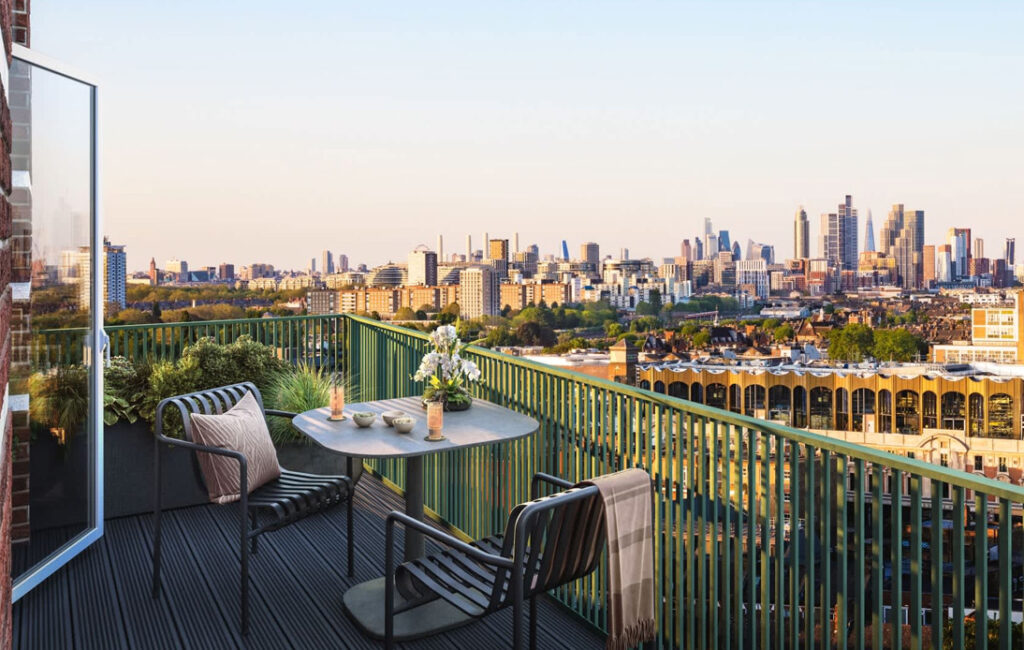
Chadchart Sittipunt’s Sunday victory shows Thailand’s political polarization easing as voters change their minds and support candidates from opposing political camps.
According to Bangkok Metropolitan Administration (BMA)’s unofficial results, the independent candidate won the last elections after amassing 1,386,215 votes, well above the 240,884 votes received by the Democrat Party candidate Suchatvee Suwansawat.
Such data shows that Bangkok voters have a broader political perspective, are politically liberal and do not cling to those political camps they previously supported. Consequently, the poll had voters crossing the floor to support opposing camps, Phichai Ratnatilaka Na Bhuket, professor of political science at the National Institute of Development Administration (Nida), explained.
Before being governed by the Palang Pracharath Party (PPRP) in 2019, the capital was considered the stronghold of the Democrat Party.
However, Sunday’s election results showed that voters leaned towards candidates from opposite camps (65%) instead of relying on those who backed the government (35%).
Mr. Phichai said that Bangkok residents voted for candidates from anti-government camps because they were unhappy with the current authorities’ performance. The poll also showed that most votes for the Democrat Party came from conservative groups.
“From now on, the Democrats and the PPRP may not be in a position to compete with the Pheu Thai Party and the Move Forward Party [MFP] for House seats in Bangkok in the next general election,” Mr. Phichai added.
Other renowned academics and experts shared Mr. Phichai’s view. Wuthisarn Tanchai, secretary-general of the King Prajadhipok’s Institute, pointed to a connection between Bangkok councilors and national politics, saying that voters ignored parties but cared about candidates who promised practical policies.
Also, Constitution Drafting Committee’s former adviser Jade Donavanik said governor and city council elections’ results showed voter frustration over the previous governor’s and government’s performance.
Mr. Jade also stated that such results might reflect the general election’s future outcome and “shift the balance of power in politics.”
On Sunday, voters in Bangkok’s 50 districts went to the polls to cast their ballots to choose the capital’s governor and city councilors for the first time in nine years. The BMA reported a turnout of 59.74% among 4.4 eligible voters.
Vote counting began in the country’s 6,817 polling units at 5:00 p.m. Mr. Chadchart was seen celebrating after the unofficial vote count suggested he won the Bangkok governor election by a landslide.
“There’s no difference between those who voted for me and those who did not. I will meet the people out there from now on,” Mr. Chadchart said.




















